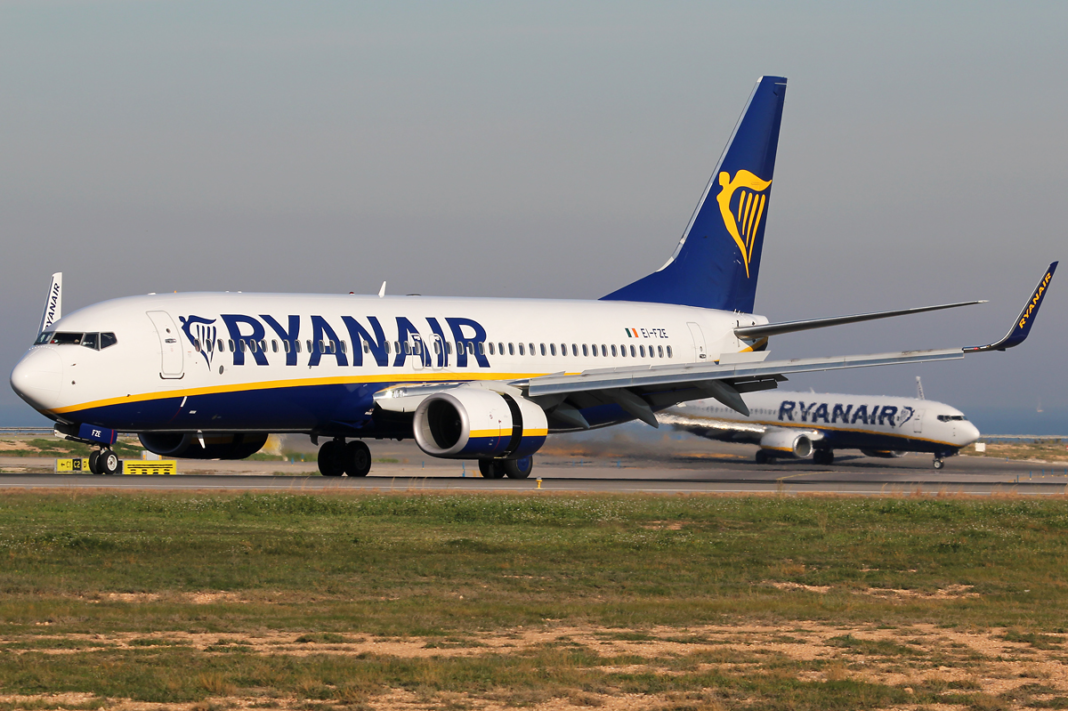- What next as 200,000 flights cancelled due to coronavirus?
- Ryanair and Wizz Air ban from Montenegro
The coronovirus has hit 200,000 flights following the outbreak in China – that has spread across Europe – with Spanish authorities considering additional restrictive measures.
“We have to be very careful. In some cases, it is preferable to over-react a little, than allow this to overwhelm us,” said Fernando Simón, head of the Co-ordination Centre for Health Alerts and Emergencies.
Montenegro have put in place a ban of all flights from Northern Italy into its two airports, Podgorica and Tivat, at least until April as the coronavirus swept across the country.
The Montenegrin Ministry of Health issued a ban for all travel, between Montenegro and Northern Italy, and vice-versa. The directorate for public health within the Ministry of Health said in a statement:
“Due to the current epidemiological situation taking place in the North of Italy, the Ministry of Health has, upon recommendation from the Institute for public health, issued a directive about a temporary suspension of travel to and from Montenegro to the North of Italy.
“This directive is for the purpose of containing the inflow of contagious diseases into Montenegro.”
At present the ban affects Wizz Air and Ryanair only, the former operating flights between Milan Malpensa and Podgorica, with Ryanair flights between Podgorica and Bologna.
The airlines have suspended ticket sales on their routes to Montenegro, until the first week of April.
Rome is one of the busiest routes. From Tivat, easyJet is launching a new route to Milan Malpensa in June, which could be placed in jeopardy if the coronavirus worsens, although tickets remain on sale.
Airports throughout Europe see millions of passengers pass through – and the coronovirus could have a massive financial hit on tourism – as a global drop in demand begins for air travel, in the wake of the outbreak of coronavirus in China.
A total of 34 cases had been registered in Spain since the global coronovirus epidemic hit.
32 cases were detected in Spain in late February, after hospitals adapted a criteria for testing and examining patients hospitalised with pneumonia.
Five coronovirus cases were diagnosed in Madrid, six in the Canary Islands, three in Catalonia, one in the Balearic Islands, one in Aragón, two in Castilla y León, seven in Andalusia and nine in the Valencia region. Three new cases were announced on February 28.
The World Health Organisation has raised its global risk assessment to ‘very high’.
The Health Ministry has not ruled out limiting large gatherings, after cultural, religious, trade and sports events were cancelled in a measure to contain the spread of coronavirus.
The new coronovirus cases in Spain involved people who were infected abroad.
“The scenario is evolving very rapidly, fundamentally in Italy and therefore also in Spain,” said Fernando Simón, head of the Co-ordination Centre for Health Alerts and Emergencies.
In Madrid, regional health authorities increased the number of laboratories testing samples from four to eight.
Hospitalised patients with pneumonia and those in intensive care are being tested for the coronavirus.
At a meeting of the Parliament’s Health Committee, Health Minister Salvador Illa said: “We will do what the experts recommend – that does not include closing down the borders.”






